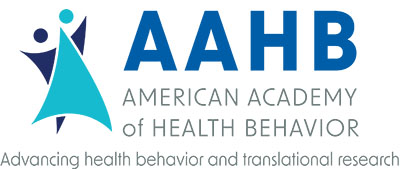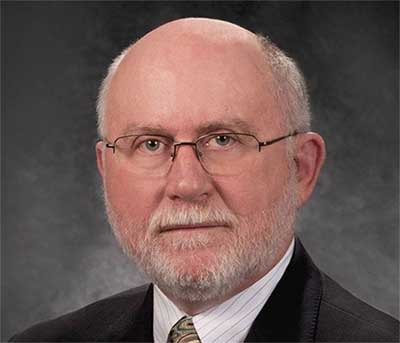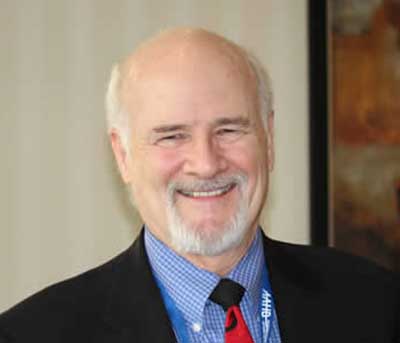Lifetime Achievement Award
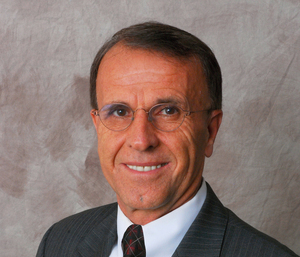 |
Mohammad Torabi, PhD, FAAHB2024 AAHB Lifetime Achievement Award |
Mohammad Torabi, PhD is Dean Emeritus at the Indiana University School of Public Health-Bloomington. Dr. Torabi received his PhD in Health Education with an emphasis in Measurement and Evaluation from Purdue University in 1982. Throughout his storied career, Dr. Torabi focused his research and practice on the measurement and evaluation of schools and programs in public health. His research extends into health promotion and key factors related to individuals' decisions in the prevention of drug abuse, cancer, HIV/AIDS infection, and other public heath related areas. He has published extensively in major national and international journals in the field. His work was funded through a diverse portfolio of federal, state, and private funders.
Dr. Torabi’s impact through teaching and mentoring cannot be overstated. He has served on over 70 doctoral committees and collectively mentored hundreds of graduate and undergraduate students. His achievements garnered him numerous career awards. To name just a few, in 2001, he received the highest honor bestowed by the American School Health Association, the William A. Howe Award, for outstanding contributions and distinguished service in school health. In 2017, Dr. Torabi received the Indiana University Provost Medal for his distinguished academic career and exemplary service to Indiana University as the Founding Dean of School of Public Health-Bloomington. In 2019, he was a recipient of the Indiana University Bicentennial Medal, the highest recognition awarded by Indiana University for extraordinary contribution. He is also the recipient of the Lifetime Achievement Award in public health by the Indiana Public Health Association.
Dr. Torabi’s colleagues describe him with words like “kind,” “humble,” “inspirational,” and “extraordinary.” They describe him as the “epitome of a health behavior scholar,” “a model representative for the Academy,” and as possessing a “voice of reason and wisdom.” Dr. Torabi’s contributions to the field and profession and his service to others are perhaps best described as one that has created a ripple that continuously changes the lives of many in positive ways.
Kenneth McLeroy, PhD was an emeritus professor and retired regents and distinguished professor at the Texas A&M University School of Public Health. He began his academic journey at the University of Houston where he received a bachelor of science in psychology/sociology. He subsequently went on to pursue a master of science in social psychology from the University of Oklahoma and a PhD in public health from the University of North Carolina at Chapel Hill. His significant contribution to the fields of health behavior and public health is perhaps best exemplified by his groundbreaking work in advancing the socioecological model, a framework that is taught in every foundational public health classes today. Dr. McLeroy had deep roots in AAHB, being one of the "original 33" and was recognized as an AAHB Research Laureate in 2010. His also played a significant role in advocating for and supporting the creation of the AAHB Diversity and Equity Council. A remembrance of Dr. McLeroy can be found on Vital Record, a news publication of Texas A&M Health. |
Lawrence Green, DrPH, DSc(Hon) is a Professor in the Department of Epidemiology and Biostatistics at the School of Medicine and member of the Comprehensive Cancer Center and Center for Tobacco Research and Education, University of California at San Francisco. He formerly served as Director of CDC’s World Health Organization Collaborating Center on Global Tobacco Control, Acting Director of the Office on Smoking and Health, Director of CDC’s Office of Science and Extramural Research, and Associate Director for Prevention Research and Academic Partnerships in the Public Health Practice Program Office. He has served on the public health faculties at Berkeley, Johns Hopkins, Harvard, Texas, and University of British Columbia. He was the first Director of the U.S. Office of Health Information and Health Promotion in the Office of the Assistant Secretary for Health under the Carter Administration, and as Vice President of the Kaiser Family Foundation. Dr. Green was the first recipient of the AAHB’s Laureate Medal. He also is a past President and Distinguished Fellow of the Society for Public Health Education, Emeritus Fellow of the Society of Behavioral Medicine, and a recipient of the American Public Health Association's Distinguished Career Award and the Award of Excellence. He was elected to the Institute of Medicine of the National Academies in 2009. Currently, 2019, Dr. Green is Professor Emeritus, UCSF. Dr. Green is Associate Editor of the Annual Review of Public Health and Chairman of the Board of Trustees and Prize Jury of the Fries Foundation. |
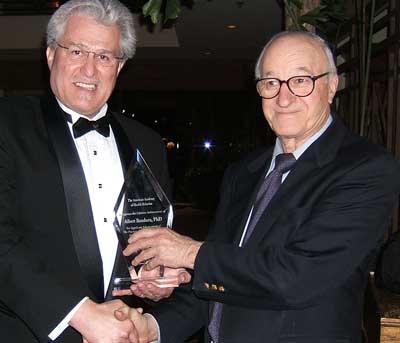 |
Albert Bandura, PhD2006 AAHB Lifetime Achievement AwardDr. Elbert Glover (L), winner of the Lifetime Achievement Award in 2000, congratulates the 2006 winner, Dr. Albert Bandura (R). |
Albert Bandura, PhD, born December 4, 1925, in Mundare, Alberta Canada, was a psychologist most famous for his work on social learning theory and is particularly noted for the Bobo doll experiment. Social learning theory, now called social cognitive theory, is considered the most comprehensive and accepted modeling theory by the Archives of the History of American Psychology. Bandura's early school years were spent in a small, understaffed school in which students had to take a great deal of responsibility for their own learning. This style of learning helped to foster his desire for inquiry, which he maintained throughout his career. Bandura spent much of his career at Stanford University and was elected as the president of the American Psychological Association in 1974.
He earned many awards, including the Distinguished Scientific Contributions Award and the Thorndike Award for Distinguished Contributions of Psychology to Education by the American Psychological Association; the William James Award of the American Psychological Society; the James McKeen Cattell Award; and the Distinguished Scientist Award of the Society of Behavioral Medicine. Bandura's seminal research on the modeling behavior of children, self-efficacy, and social cognitive theory made him a renowned researcher. He served on the editorial boards of twenty journals, published seven text books, and edited two others. His works have been translated in numerous languages, including Spanish, Italian, Portuguese, French, Polish, German, Russian, Chinese, Japanese, and Korean.
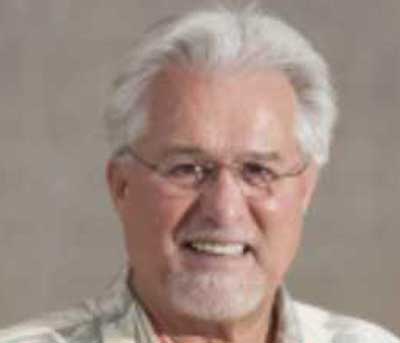 |
Elbert D. Glover, PhD, FAAHB, FASHA2000 AAHB Lifetime Achievement Award |
Elbert Glover, PhD is an internationally recognized authority on the topics of smoking cessation and smokeless tobacco. With more than 200 publications to his credit, he was one of the 28 scientists selected to contribute to the 1994 Surgeon General Report on Tobacco & Youth. Dr Glover's interest remains in the research of cessation aids for individuals interested in quitting tobacco. He maintains a keen interest in the physician's role in smoking cessation and has delivered over 480 invited medical grand rounds/workshops on the subject to physicians throughout the world. He has conducted research with a variety of populations i.e., pregnant women; smokeless tobacco users; persons with gastrointestinal disorders, chronic obstructive pulmonary disease, and depression. Due to his expertise in clinical trials research, he has ventured into evaluating compounds for treating depression, generalized anxiety, diabetes, ADHD, Alzheimer’s Disease, bi-polar disorder, binge-eating, and obesity. Dr. Glover was presented the Lifetime Achievement Award to recognize his numerous successes in the field of health behavior, one of which was founding The American Academy of Health Behavior.
